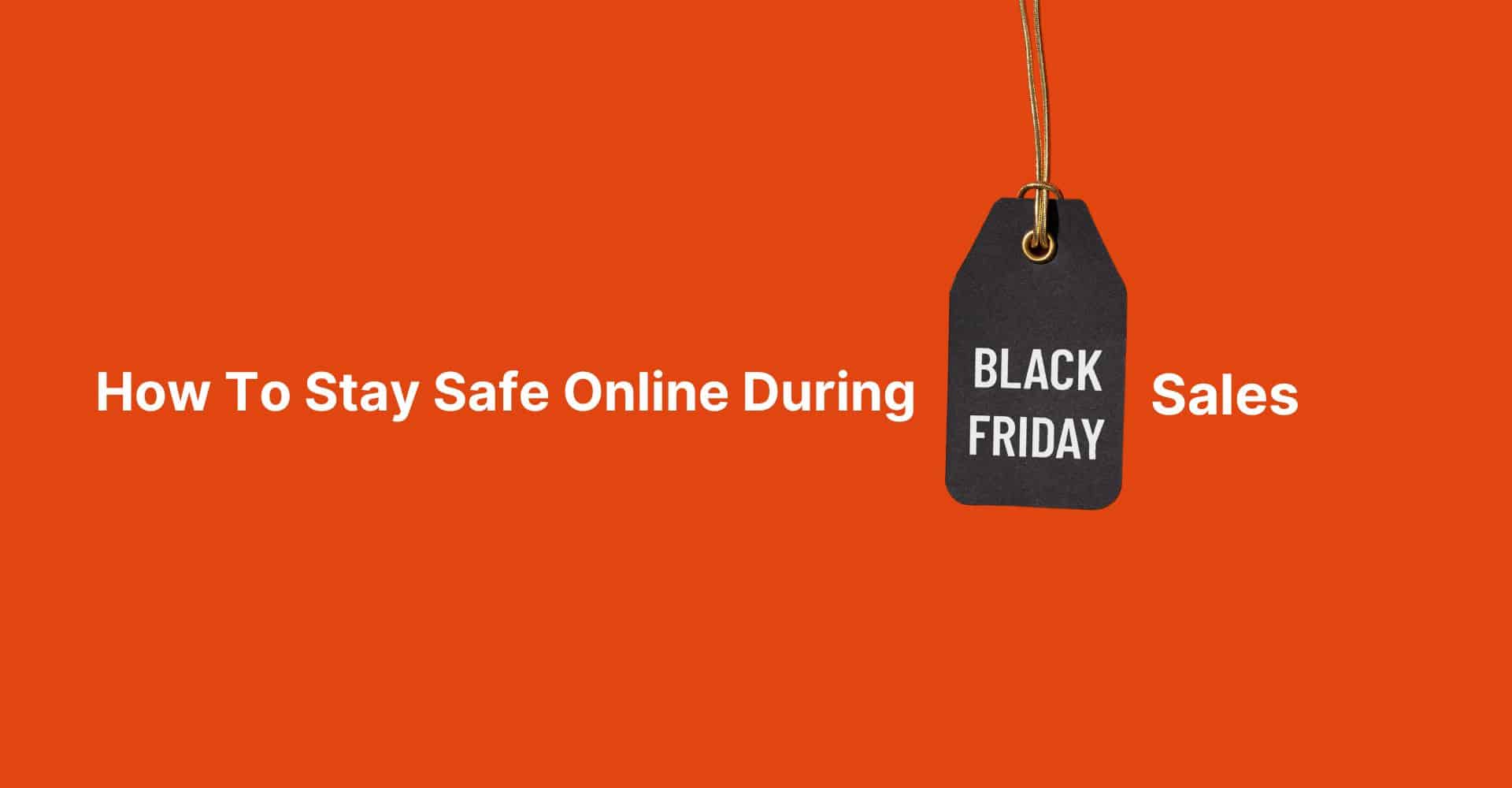Black Friday is a time when the digital marketplace buzzes with activity, offering a variety of deals that are hard to resist. However, this heightened online traffic also signals a feast for cybercriminals, aiming to exploit the unwary shopper. Ensuring your online safety during these sales is paramount. This guide outlines strategies for protecting your personal information, identifies common cyber threats, offers tips for secure payment transactions, and provides steps for a safe and private shopping experience.
How Can I Protect My Personal Information When Shopping Online on Black Friday?
Protecting your personal information starts with practicing good digital hygiene. Use strong, unique passwords for all your online accounts, and consider using a password manager to keep track of them. Enable two-factor authentication (2FA) for an added layer of security. Be mindful of the personal information you share. Only fill out the necessary details for your purchases and always verify the legitimacy of the website you’re shopping from.
What Are the Common Cyber Threats to Watch Out for During Black Friday Sales?
During Black Friday, the rush to grab the best deals can often lead to lapses in vigilance, making shoppers more susceptible to cyber threats such as:
- Phishing Scams: These involve fraudulent emails or messages that mimic reputable entities to steal personal and financial information.
- Fake Websites: Cybercriminals create counterfeit websites that mimic legitimate retailers to capture your sensitive data.
- Unsecured Connections: Shopping over public Wi-Fi can expose your data to cyber snoops.
- Malware and Ransomware: These malicious programmes can be unwittingly downloaded from sketchy websites or email links, compromising your device’s security.
Are There Specific Tips for Securing Payment Transactions on Black Friday?
Securing your payment transactions is crucial to a safe online shopping experience. Use credit cards or payment services like PayPal, which offer better fraud protection than debit cards. Avoid saving your card information on websites and enable notifications for transactions to monitor for unauthorised activity. Furthermore, consider using a virtual credit card number for an extra layer of security.
What Steps Should I Take to Ensure a Safe and Private Online Shopping Experience?
To ensure a safe and private online shopping experience, follow these steps:
- Shop on Secure Websites: Look for URLs that start with “https” and the padlock symbol.
- Use a VPN: A Virtual Private Network encrypts your internet connection, keeping your online activities private, especially on public Wi-Fi.
- Update Your Security Software: Keeping your antivirus and anti-malware software updated can protect your devices from threats.
- Be Wary of Too-Good-to-Be-True Deals: If a deal looks too good to be true, it probably is. Verify offers through official channels.
How Can I Recognise and Avoid Scams and Phishing Attempts While Black Friday Shopping?
Recognising and avoiding scams and phishing attempts requires vigilance. Be sceptical of emails and messages requesting personal information or urging immediate action. Check the sender’s email address for authenticity. Look out for spelling and grammar errors, which are common in fraudulent communications. When in doubt, contact the company directly through official channels rather than clicking on any links.
The excitement of Black Friday deals doesn’t have to be dampened by the threat of online danger. By being informed and taking proactive steps to protect your personal and financial information, you can navigate the sales safely and securely.
Remember, the foundation of national online safety during such peak shopping times relies on individual awareness and responsibility. Stay vigilant, follow these guidelines, and you’ll not only snag the best deals but also keep your digital life secure.








